NATURE AND NARRATIVE
Looking at Morris’s second section, Catherine writes: “I am accustomed to the witty dialogue in a Mitchell novel, so was pleasantly surprised by detailed description of the countryside.”
The woods were the colour of woodsmoke, and had almost the same dense obscurity; on the opposite side of the road, far off beyond fields and hedges, a line of trees, a thin straggle of windblown trunks and leafless arms, stood up on the crest of a ridge like jagged clouds in the wake of a windblown storm. The sky was grey behind them, and they were silhouetted against it, a scarecrow brood with menace in their very shapelessness.
Catherine observes that the author’s descriptions of her unique detective carry their own intriguing duality: “Depictions of Mrs. Bradley could still be harsh, but at other times were flattering.”
She looked like an ancient, benevolent goddess, wrinkled but immortal.
To bring this terrible little old woman into the heart of his affairs was rather like asking a shark to defend one from cannibals.
[Mrs. Bradley:] “You know, Selby, Fossder was a greedy, grasping, and rather foolish old man, and Simith was a nasty, bad tempered old man. Why should we bother who killed them?”
“Morbid curiosity on your part; a sense of civic duty on mine,” said Sir Selby, grinning.
Regarding the Third Figure and the final section of the book, there is this positive comment: “I was enthralled with the story, to the point that I didn’t slow down to write up notes.” One exchange gave her pause, however. Catherine writes that near the end of the book “there is a startling revelation of the social attitudes of that era that stopped me in my tracks. Carey asks Mrs. Bradley, ‘But how could [the murderer] reconcile with [his/her] conscience the murder of Priest, if that had come off?’ Mrs. Bradley replies, ‘On the principle that to the average European the slaughter of coloured people is not a matter of conscience in the same way that the slaughter of whites would be.’ Carey continues, ‘You mean that just because Priest was poor, and a country man, and uneducated—'”
Catherine concludes, “The manner in which Mitchell presented this conversation made me believe it was her commentary on an unpleasant situation, not approval of the attitude. She seems ahead of her time as an author, but is not in-your-face with her beliefs.” I agree with this interpretation, and also understand the reason for the shock. It’s a moment that directly exposes an ugly Colonialist ideology, and the British Empire is not the only nation whose citizens were quietly (or vocally) complicit in the genocide of indigenous people to promote nationalist expansion.
THE VERDICT
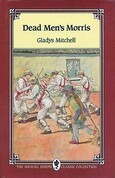
“The closing explanation of the murder and clues was a bit long, but the convoluted plot required this, in my opinion. And at the end, I wanted to start re-reading the novel. After reading Dead Men’s Morris, I am a confirmed Mrs. Bradley fan.”
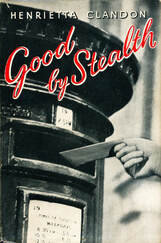
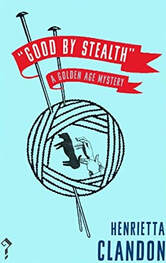

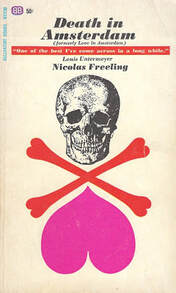
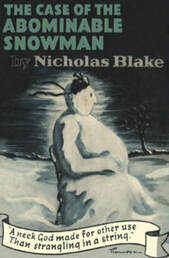
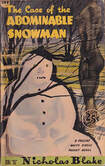
 RSS Feed
RSS Feed